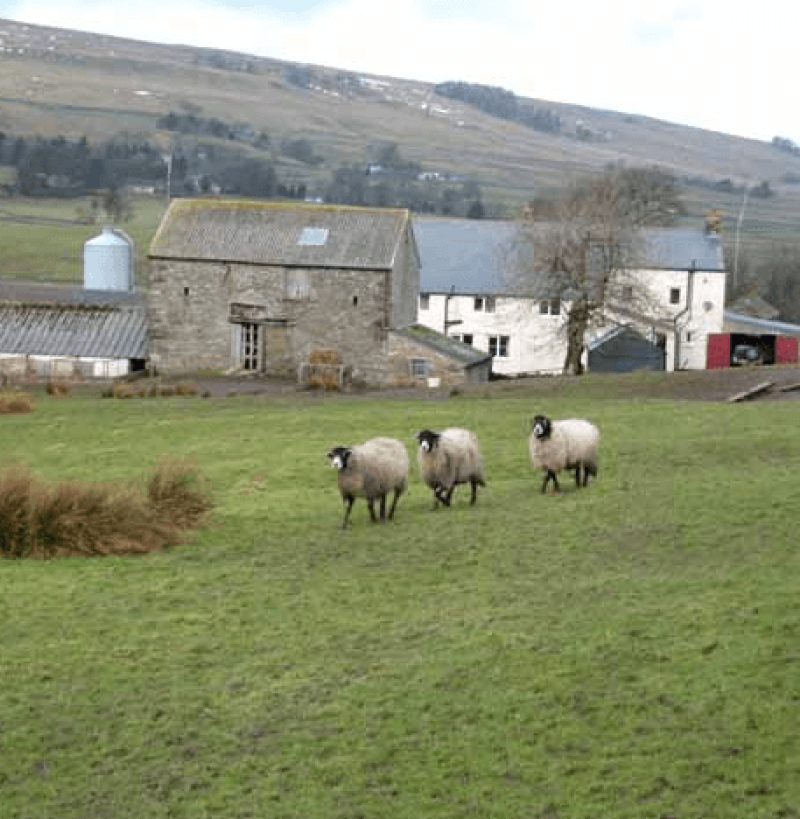Historically, British farmers have supported the European Union, grateful both for subsidies and access to continental markets. Yet most of the United Kingdom’s agricultural counties voted “leave.” Despite all the talk about immigration, a large part (perhaps the largest part) of the reason was regulation — Brussels-based regulation onerous enough to offset the EU’s pluses.
. . . . In a clear favoring of urban greens over rural livelihoods, Brussels has gone on an anti-pesticide rampage in recent years that has put Europe’s rural life at rising risk.
. . . .
British farmers concluded that Brussels-style regulation had become a convoluted, counterproductive, anti-scientific mess that jeopardized their crops and their livelihoods. Whether they work in agriculture, or manufacturing, or almost any other field, voters throughout Europe have similar complaints about the commission.
With voices in France, the Netherlands, and other EU countries calling for exit votes of their own, the scandal of EU regulation must not be ignored. . . .
The GLP aggregated and excerpted this blog/article to reflect the diversity of news, opinion and analysis. Read full, original post: Brussels has a lot to learn from the Brexit vote































